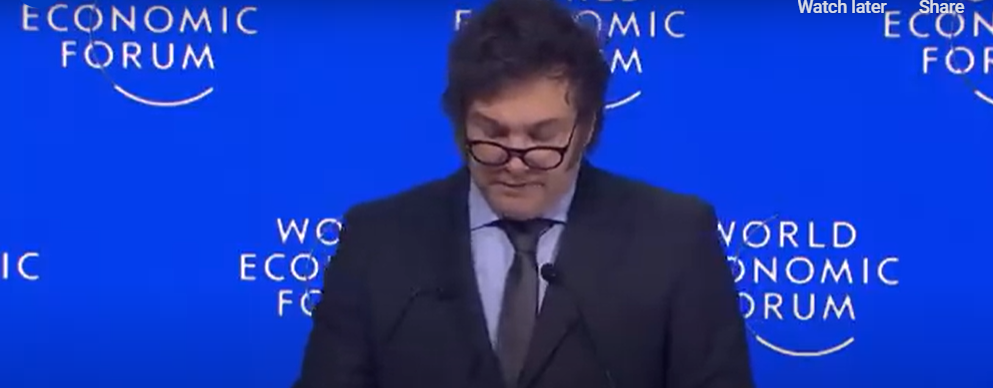Beyond COVID: Google makes WHO authority for all illnesses

Google last week announced it will start feeding users content from the World Health Organization (WHO) when they search for information on any illnesses and diseases.
The search engine giant began its collaboration with the WHO during the pandemic, when Google awarded the WHO over $320 million in ad grants. Any searches related to COVID-19 returned content from the WHO’s website in the first few results, and links to individual governments followed. Google would also display WHO content in featured snippets at the top of the page.
That will now be the case for other illnesses and diseases as well, and Google has pledged another $50 million in ad grants to the globalist health organization.
“Each day people come to Google Search looking for trustworthy information on various health conditions and symptoms. To help them access trustworthy information our Knowledge Panels cite content from reliable sources covering hundreds of conditions from the common cold to anxiety. Working closely with WHO, we’ll soon expand to cover more conditions such as COPD, hypertension, type 2 diabetes, Mpox, Ebola, depressive disorder, malaria and more,” wrote Google in a blog post last week.
Tech media cheered Google’s renewed alliance with the WHO.
“Google wants to help you start taking better care of yourself,” wrote Android Police.
“The proliferation of falsehoods during the pandemic highlighted the need for trustworthy sources of health information,” reported Digital Information World. “Google recognizes the importance of providing users with verified facts and eliminating the dissemination of unverified information from unreliable sources. By collaborating with the WHO, the tech giant aims to curb the spread of medical misinformation.”
Google partners with major globalist organizations to funnel “authoritative” science to hundreds of millions of users around the world.
For climate change, Google partners with the United Nations. In September, a UN official boasted about the partnership, saying it “owns the science”.
UN Under-Secretary-General for Global Communications Melissa Fleming made the remarks during a panel on “Tackling Disinformation” at the World Economic Forum’s (WEF) Sustainable Development Impact Meetings.
“We partnered with Google,” said Fleming, adding, “for example, if you Google ‘climate change,’ you will, at the top of your search, you will get all kinds of UN resources.”
“We started this partnership when we were shocked to see that when we Googled ‘climate change,’ we were getting incredibly distorted information right at the top,” Fleming said while chuckling.
The UN official then appeared to say that both the UN and tech platforms “own the science”.
“We’re becoming much more proactive. We own the science, and we think that the world should know it, and the platforms themselves also do,” she said.
At the World Economic Forum Annual Meeting 2022 in Davos, then-YouTube CEO Susan Wojcicki revealed that the Google-owned platform does not always show users content tailored to their preferences, but shows the information YouTube feels the user should see.




